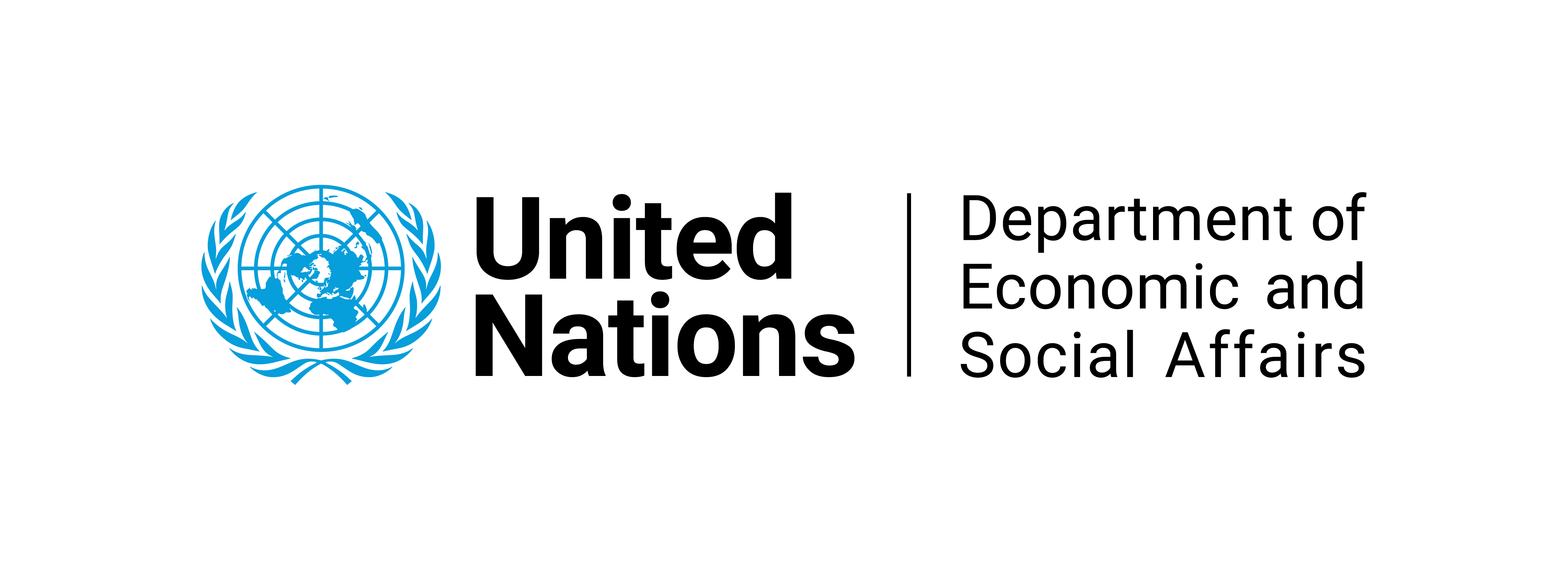2.14 Managing quality#
In the last few decades, NSOs and other producers of official statistics have spent much effort on improving the quality of their output and adopting quality management principles and procedures for that purpose. This has partly been driven by the interest of international and supra-national organizations in enhancing the relevance, consistency and comparability of the official statistics of their member countries. Quality management efforts have been comprehensive but multi-faceted and dependent on the focus of the different organizations. The main message that has been brought forward and adopted by many NSSs is the insistence on the need to observe the quality of official statistics, at all stages in the production process as well as the end product. This has been universally accepted, and NSOs have responded by adopting quality principles for their statistics and statistical processes, organizing and implementing quality management and control, and applying quality assurance systems as benchmarks for their statistical production and outputs.
NSOs and other producers of official statistics turn out numerous statistical products every year. These products are required to fulfil several criteria as regards their relevance, impartiality, accuracy, and timeliness. These criteria are derived from the UNFPOS, codes of practice based on the UNFPOS, specific international standards as well as statistical laws of the different countries.
At the global level, the UN National Quality Assurance Framework for Official Statistics (NQAF) was first adopted by the UNSC in 2012. The NQAF was subsequently revised by the UNSC with the issue of the NQAF Manual in 2019. The Manual includes recommendations, framework and implementation guidance and is directed at assuring the quality of official statistics throughout the entire NSS of a country. The Manual offers comprehensive guidance for an NSO on adopting and operating a quality assurance framework to help implement quality management policy.
In the European Statistical System (ESS) various measures have been taken that oblige the NSOs and other producers of official statistics to observe quality and operate quality management and control. Thus, the ESS has included provisions on quality in its statistical legislation, issued a quality declaration and a Code of Practice, and adopted a Quality Assurance Framework of the European Statistical System (ESS QAF). Furthermore, an ESS Handbook for Quality and Metadata Reports has been issued (latest version 2020) along with various guidelines on managing and improving quality.
In the field of economic and finance statistics, the International Monetary Fund (IMF) has sought to ensure the quality of the statistics of member states by implementing the data dissemination standards, developing a Data Quality Assessment Framework (DQAF) facilitating a comprehensive view of data quality, and undertaking regular reviews of the quality of the statistics of the different countries (named reports on the observance of standards and codes, ROSC).
